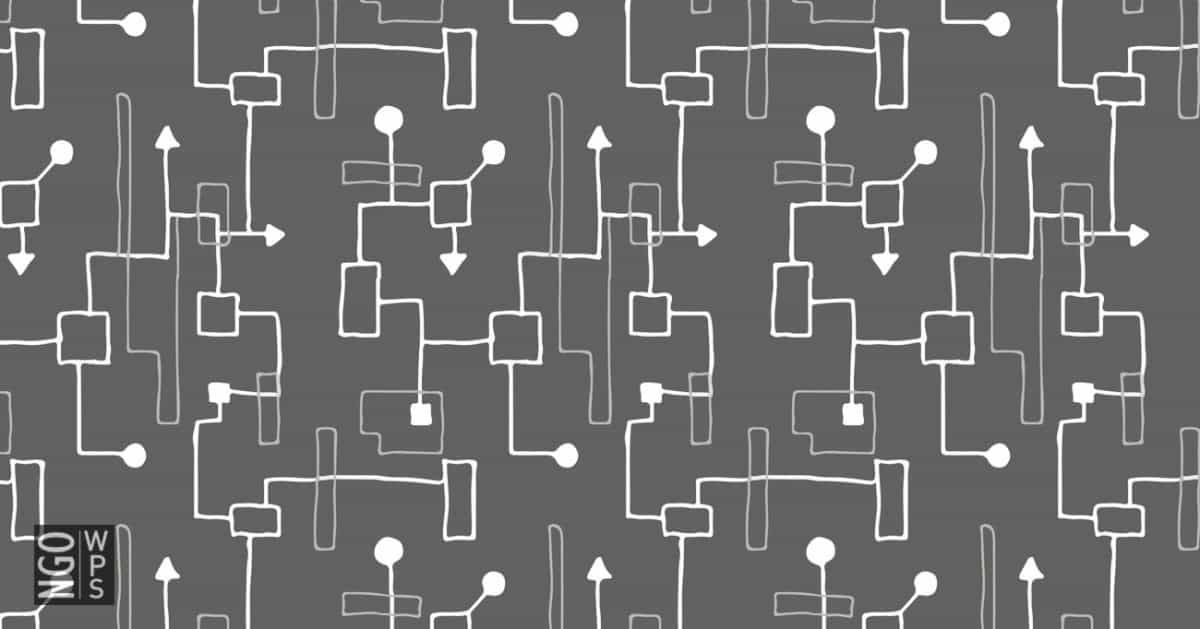Guinea
Women in Guinea, in addition to being disproportionately affected by the Ebola health crisis, continue to face constant threats of sexual and gender-based violence, including early and forced marriages, rape, human trafficking, and some of the highest rates of female genital mutilation/cutting (FGM/C) in the world; approximately 97% of women and girls in Guinea have been subjected to the process (International Federation of Gynecology and Obstetrics). Although Guinea has ratified the Convention on the Elimination of All Forms of Discrimination Against Women (CEDAW) and launched a National Action Plan pursuant to Resolution 1325 in 2009, civil codes in Guinea continue to subjugate and discriminate against women, including through provisions that require spousal approval for professional occupations for women. Recognizing that women’s inclusion in the political process is one of the most effective ways to counter violence and discrimination against women, the NGOWG advocates for the full and effective inclusion of women in all elections and at all levels of peaceful and democratic political transition. In addition, based on the work of NGOWG members, the NGOWG recognizes that impunity for sexual violence remains a looming threat to justice and must be eliminated.
Guinea
Women in Guinea, in addition to being disproportionately affected by the Ebola health crisis, continue to face constant threats of sexual and gender-based violence, including early and forced marriages, rape, human trafficking, and some of the highest rates of female genital mutilation/cutting (FGM/C) in the world; approximately 97% of women and girls in Guinea have been subjected to the process (International Federation of Gynecology and Obstetrics).
Guinea has ratified the Convention on the Elimination of All Forms of Discrimination Against Women (CEDAW), and launched a National Action Plan pursuant to Resolution 1325 in 2009. However, civil codes in Guinea continue to subjugate and discriminate against women, including through provisions that require spousal approval for professional occupations for women. Recognizing that women’s inclusion in the political process is one of the most effective ways to counter violence and discrimination against women, the NGOWG advocates for the full and effective inclusion of women in all elections and at all levels of peaceful and democratic political transition. In addition, based on the work of NGOWG members, the NGOWG recognizes that impunity for sexual violence remains a looming threat to justice and must be eliminated.
Current and Past Recommendations to the UN Security Council (Monthly Action Points)
The Security Council is expected to renew the mandate of the UN Integrated Peacebuilding Office in Guinea-Bissau (UNIOGBIS). The Council should ensure UNIOGBIS, as a priority, addresses concerns surrounding Guinea-Bissau’s judicial system, which, if left unchecked, will allow impunity and corruption to grow. Increased attention on legal reform must coincide with efforts to ensure women’s participation and the protection of women’s rights. The Council should call for consultations with women and women’s civil society organizations (per SCR 2122 (2013), OP 2(c)). Furthermore, women should be included as leaders and stakeholders in ongoing security sector reform, national reconciliation processes, institution building and addressing the root causes of instability. Finally, the Council must acknowledge the role drug trafficking has on undermining rule of law and stabilization reforms, take measures to address the differentiated impact drug trafficking has on women and acknowledge and encourage women’s role in addressing drug trafficking.
Relevant Resources









